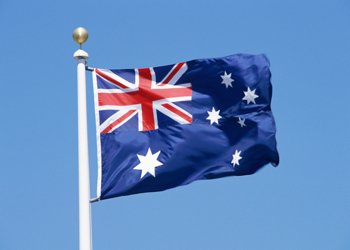Australians should have a new national consumer body solely focused on bringing down energy bills of ordinary families and avoid being captured by special interest groups.
That’s the view of the Aussie energy industry. Matthew Warren, CEO of the Energy Supply Association of Australia (esaa) said the design of the new Consumer Challenge Panel launched yesterday by PM Julia Gillard should not become a talking shop. “There are already consumer groups representing big business and vulnerable customers. But any new national body must have families front and centre if it is to advocate for outcomes that are good for the majority of Australians,” Mr Warren said.
Yesterday Ms Gillard launched a new Consumer Challenge Panel within the Australian Energy Regulator to review network pricing decisions. For the first time, state-owned and private electricity network companies will be benchmarked by the energy regulator to show consumers how much they are investing in infrastructure. It will also set up independent standards on reliability.
The PM said the Consumer Challenge Panel will not consider disputes over domestic bills but will challenge electricity distributors on one of the largest contributors to rising power prices – the cost of distribution.
But Mr Warren warned the industry still needed to be let free to operate as market: “We know how to fix the energy system: give consumers more choice via competition and deregulation, provide real incentives to reduce energy use on days of peak demand and clean up unnecessary subsidies and concessions. A genuinely expert and independent consumer body backed by all Australian governments is clearly well placed to help drive these reforms.
“Real competition in energy markets will mean consumers can shop around not only on price, but on different types of energy plans and schemes. It gives families real incentives to use energy more efficiently, which helps get on top of peak demand and means we can avoid spending billions of dollars upgrading networks only needed on a handful scorching hot days a year,” he said.





